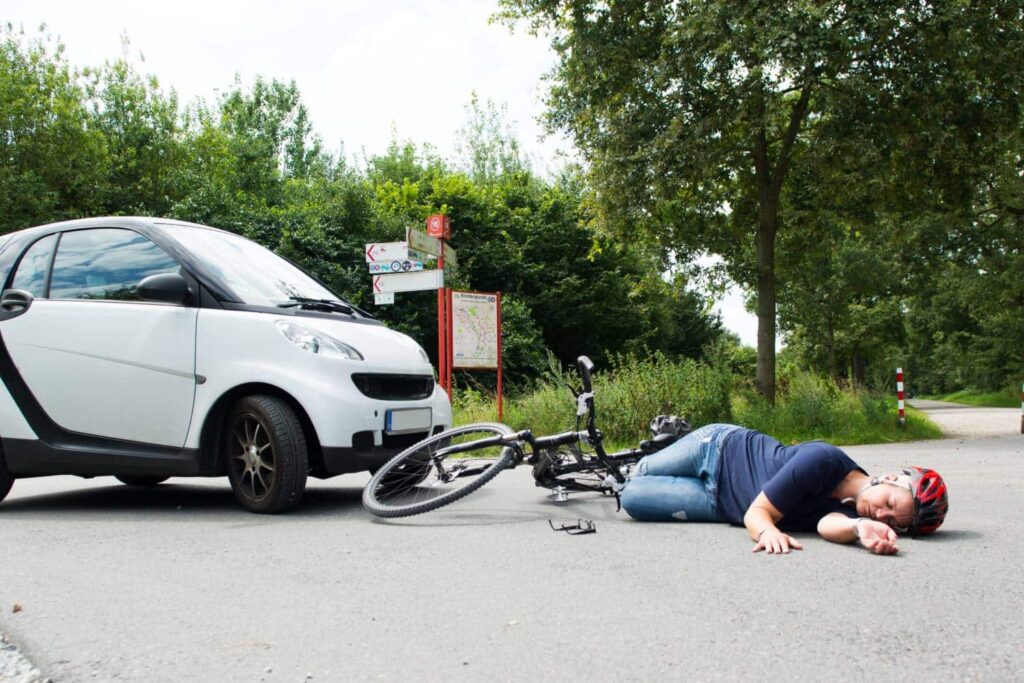
Road to Recovery: Free Injury Resources After a Car Accident
If you have suffered injuries from a car accident, it’s crucial to know that there are several free resources available to assist you during your recovery and legal process. The aftermath of a car accident can be a tumultuous period, filled with confusion, pain, and uncertainty. Navigating through this challenging time requires not only medical attention but also emotional and financial support. Understanding your options and knowing where to find help can significantly ease the burden of this difficult journey. Whether it’s dealing with the complexities of insurance claims, understanding your legal rights, or simply managing the day-to-day challenges while you recover, these resources can prove invaluable.
The trauma from a car accident is multifaceted, impacting not just your physical well-being but also your emotional and financial stability. The path to recovery can seem daunting as you grapple with a range of issues from medical treatments and rehabilitation to legal matters and potential loss of income. Fortunately, a variety of organizations, government programs, and online resources are available to provide much-needed support and guidance. These resources are designed to help you navigate the intricacies of post-accident recovery, offering assistance in various forms—from healthcare and legal advice to emotional support and financial aid. In the following overview, we will explore some of these free resources that you might find helpful in your recovery process.
1. Medical Resources and Support
- Local Hospitals and Clinics: Many hospitals have social workers who can provide guidance and support for accident victims. They can help navigate your medical treatment and connect you with necessary services.
- Community Health Centers: These centers offer free or low-cost medical care, including physical therapy and counseling services, which can be crucial for recovery.
- Mental Health Services: Post-accident trauma can affect your mental health significantly. Resources like SAMHSA (Substance Abuse and Mental Health Services Administration) offer free counseling and therapy sessions.
2. Legal Assistance
- Legal Aid Societies: These organizations provide free legal advice and representation to those who cannot afford it. They can guide you on issues like insurance claims and legal rights.
- Online Legal Forums: Websites like Avvo or LegalZoom offer free initial consultations and advice from licensed attorneys.
- Law School Clinics: Some universities with law schools offer free legal advice through their student-run clinics.
3. Financial Support
- State Disability Insurance: If you’re unable to work due to your injuries, you might be eligible for temporary disability insurance provided by your state.
- Charities and Non-Profits: Organizations like the United Way and Salvation Army may offer financial assistance or resources for those struggling after an accident.
- Online Fundraising: Platforms like GoFundMe allow you to create a campaign to raise funds for medical expenses and recovery.
4. Information and Education
- National Highway Traffic Safety Administration (NHTSA): Provides extensive resources on road safety and accident prevention.
- Department of Motor Vehicles (DMV): Offers guidelines on what to do after an accident and how to report it.
- Online Forums and Support Groups: Platforms like Reddit and Facebook have communities where accident victims share experiences and advice.
5. Rehabilitation and Physical Therapy
- Physical Therapy Centers: Some offer free initial consultations or sessions for accident victims.
- Online Physical Therapy Resources: Websites like PhysioAdvisor offer free exercises and tips for self-rehabilitation.
6. Government Programs
- Victim Compensation Funds: Many states have funds to compensate victims of crimes, including those injured in DUI accidents.
- Medicaid or Medicare: If you qualify, these government health insurance programs can cover medical expenses related to the accident.
7. Community Support Groups
- Local Support Groups: Many communities have support groups for accident victims, providing a space to share experiences and coping strategies.
- Churches and Religious Organizations: Often offer counseling and support services to community members in need.
8. Online Resources
- Educational Websites: Websites like WebMD or Mayo Clinic offer free information on injury recovery and health management.
- Blogs and Personal Stories: Reading about others’ experiences can provide comfort and practical advice.
9. Employment Resources
- State Employment Agencies: Offer assistance in finding work if you’re unable to return to your previous job due to injuries.
- Vocational Rehabilitation Services: Provide training and resources to help you adapt to new employment circumstances.
10. Insurance Assistance
- State Insurance Departments: Offer guidance on dealing with insurance claims and disputes.
- Non-Profit Organizations: Groups like the Consumer Federation of America provide advice on navigating insurance issues.
Recovering from a car accident is a multifaceted process involving physical healing, mental health support, financial stability, and legal navigation. It’s important to take advantage of the free resources available to you. From local community centers to online support groups, these resources can provide significant assistance in your journey to recovery. Remember, seeking help is a sign of strength, not weakness, and utilizing these resources can play a crucial role in your overall healing and return to normalcy.
With a solid foundation in technology, backed by a BIT degree, Lucas Noah has carved a niche for himself in the world of content creation and digital storytelling. Currently lending his expertise to Creative Outrank LLC and Oceana Express LLC, Lucas has become a... Read more